Pakistan Warns Of Imminent Indian Strike After Kashmir Attack Kills 26
Islamabad says India using Pahalgam shooting as a “false pretext” for military action amid rising border tensions
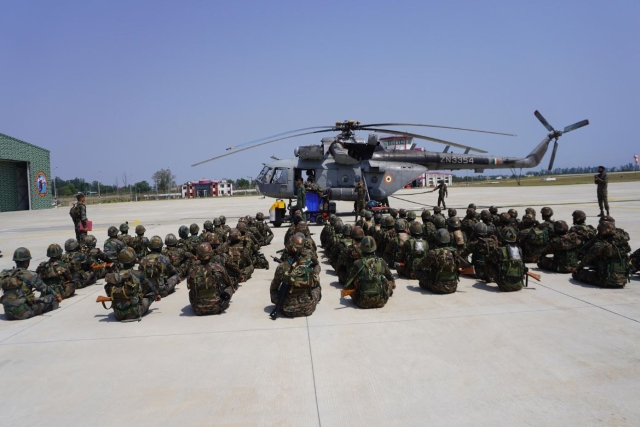
Pakistan’s Information Minister Attaullah Tarar said Tuesday that Islamabad has "credible intelligence" indicating India is preparing to launch a military strike within the next 24 to 36 hours, escalating fears of conflict between the two nuclear-armed neighbors.
His statement comes days after a mass shooting near the Indian tourist town of Pahalgam in Kashmir killed 26 people, most of them Hindu pilgrims. India has blamed the attack on Pakistan-based militants and accused Islamabad of supporting “cross-border terrorism.” Pakistan has rejected the allegations and denied any role in the violence.
Tarar accused New Delhi of preparing a military response using the April 22 attack as a “false pretext.” “Any such military adventurism by India would be responded to assuredly and decisively,” he warned during a press briefing in Islamabad.
The Pahalgam shooting is the deadliest attack on civilians in the region in two decades. While no group has officially claimed responsibility, Indian police have named four suspects—two of whom they say are Pakistani nationals. A lesser-known group, the Resistance Front, initially reported to have claimed responsibility, later denied involvement. The group is reportedly linked to Lashkar-e-Taiba, which is based in Pakistan.
Indian authorities have conducted mass detentions in Kashmir since the attack, questioning more than 1,500 people. At least 10 homes allegedly linked to suspected militants have been demolished, and more detentions have followed.
Indian Prime Minister Narendra Modi has promised strong action. Speaking Tuesday, Modi said the armed forces have “complete operational freedom” to determine how and when India should respond. “Those behind this attack will be punished beyond their imagination,” he declared. Modi is scheduled to chair a high-level Union Cabinet meeting on Wednesday.
India and Pakistan have exchanged fire along the Line of Control (LoC) for five consecutive nights. The Indian military reported “unprovoked” small-arms fire from Pakistani positions but gave no details of casualties. Pakistan’s state broadcaster said the military had shot down an Indian drone, calling it a violation of airspace. India has not responded to that claim.
As tensions rose, India shut down 48 of 87 designated tourist sites in Indian-administered Kashmir. Many tourists fled the region early, citing fears of more violence.
Diplomatic fallout has followed. India has closed its border to Pakistani citizens and suspended the Indus Waters Treaty—an agreement crucial to Pakistan’s agriculture. In response, Islamabad announced legal steps against New Delhi’s actions, with plans to approach the World Bank, Permanent Court of Arbitration, and possibly the International Court of Justice.
Pakistan’s Defence Minister Khawaja Muhammad Asif said the country was prepared for an “imminent” Indian military incursion. United Nations Secretary-General Antonio Guterres has spoken to both sides, urging de-escalation and restraint.
Since their 1947 partition, India and Pakistan have fought multiple wars over Kashmir. Armed insurgency in Indian-administered Kashmir has persisted since 1989, with violence regularly affecting civilians and troops.
With tensions now at a peak, both governments are on high alert as the risk of direct military confrontation looms.
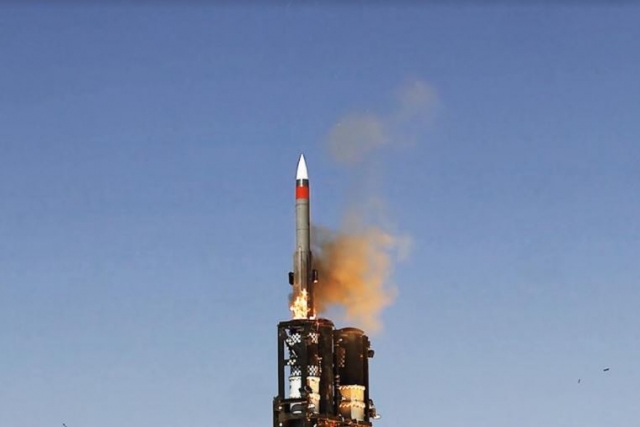
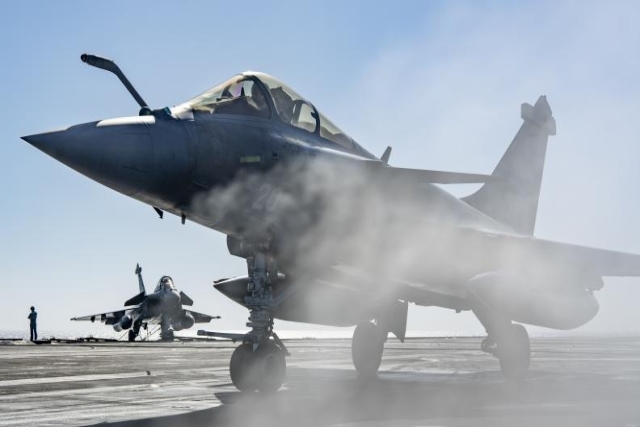
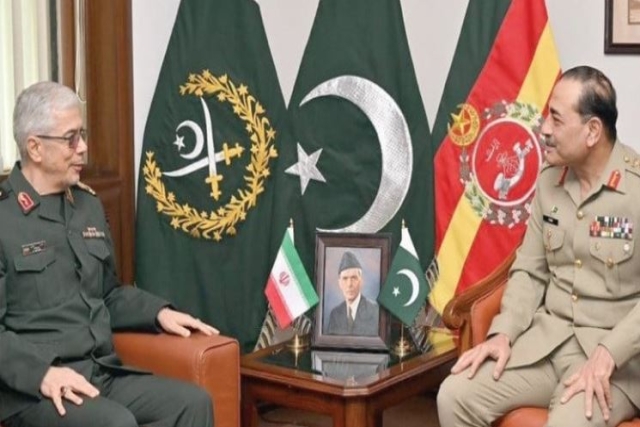

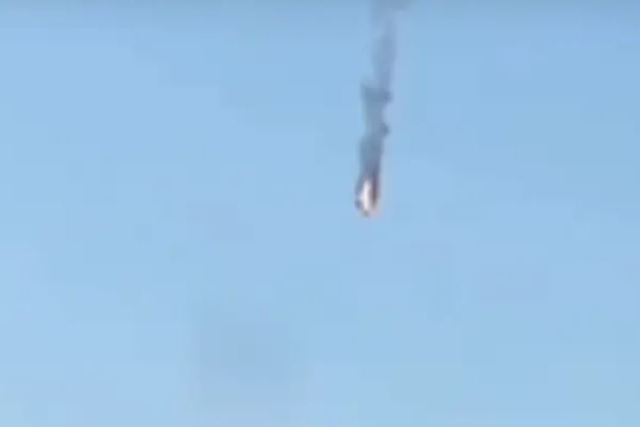

_1480683499.jpg)





